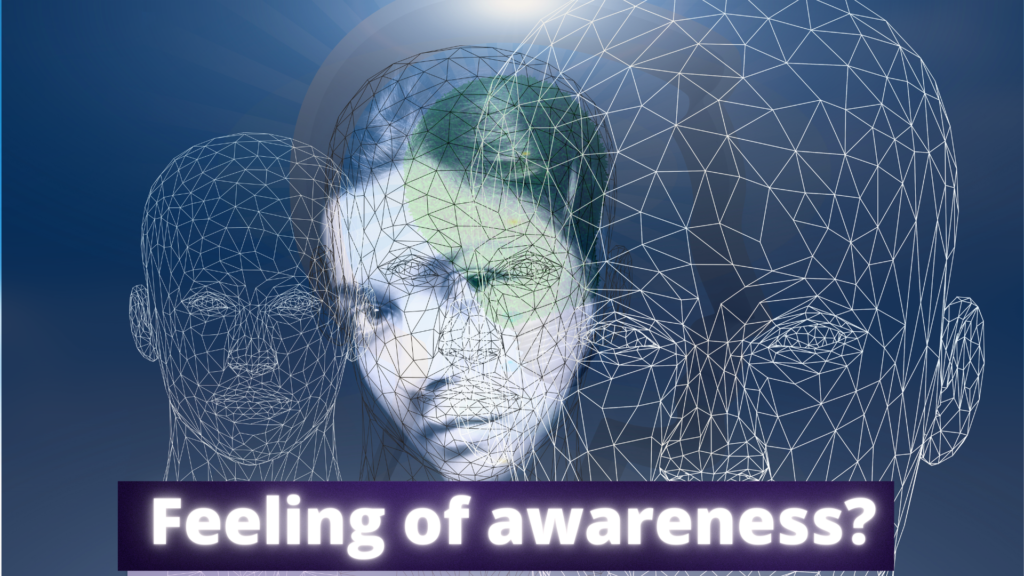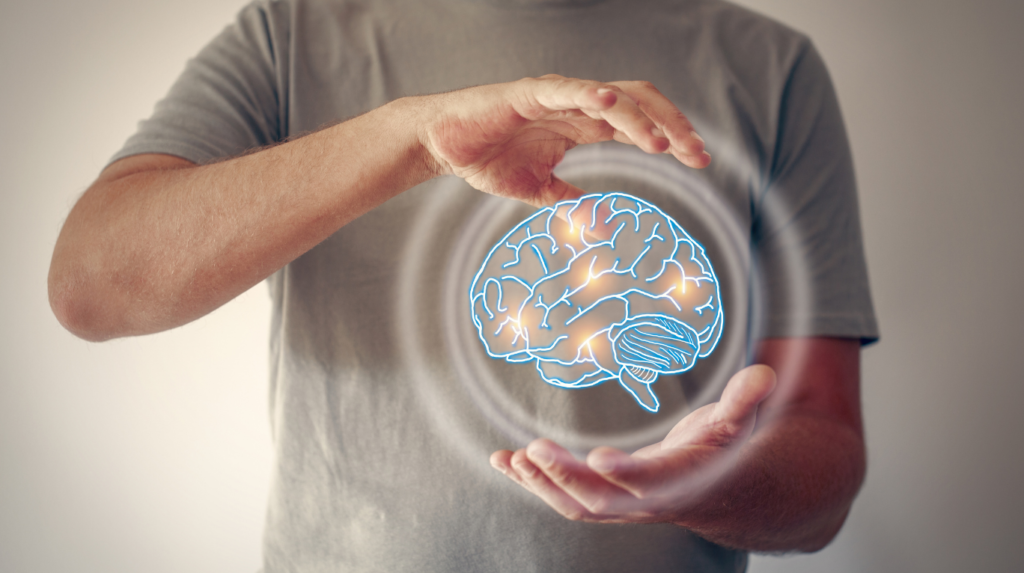Introduction
The question “Whether you know you are aware of something before you are aware of it’ needs to be answered with a paradigm shift of understanding.
If you are able to hear this right now, you have already heard it. And, you are aware that it happened but hadn’t had time to process the information.
A lot of people will say “yes” when asked this question because they do not realize they don’t need any other affirmation than their own senses confirming the answer; all they need is time.
The answer to this question has many facets. But one thing that we cannot argue is that you can never know if you’re aware or not before being conscious of it.
So, let’s dive deep into the topic!
What does ‘being aware’ actually mean?

On the surface, awareness or ‘being aware’ seems to be quite straightforward, something that is easy to determine. But when you get a bit deeper into its meaning you find out how complex this word actually is. I would like to try and list some of the facets of this elusive word so that we can understand it better and let’s see what we are really talking about when we say “aware” in different contexts.
I will divide awareness into two categories.
First, there is conscious awareness, which means being aware of conscious things. This category deals with things such as seeing, hearing, and other senses of perception: their accuracy, proximity, or size all affect our conscious awareness.
Secondly, there is unconscious awareness, which deals with things that any of our senses don’t perceive. For example, we can say that someone is “aware” of his left leg; but what if he has a stroke and is unable to move or feel his left leg — is he aware of it?
In this case, the word Awareness denotes being awake or conscious. It does not necessarily mean that a person is capable of paying attention to something. Under this definition, the answer to the question would be “No”. The knowledge about something already exists, but there is no means of perception available because the channels of perceiving are blocked in some way.
Being alive means having some kind of awareness, which means that you are perceiving a lot of things. When we say “I am aware of this” or “I am aware that” we mean that we want to exclude the fact that the person is not perceiving anything.
More About Awareness: Is Awareness a feeling?

Awareness is not a feeling but an act of attention. We can see this in nearsighted people or in those with masking problems, who do not know that something is wrong when they look at their left hand for example. Awareness does not exist without what the senses perceive. This implies that if a person is blind, deaf, and mute, he will still have awareness.
There are some alternative definitions to the meaning of awareness such as “awareness of the whole”, “awareness of energy” or “awareness of pure consciousness”. We may need to explore those different meanings as well because they all make a lot more sense than being conscious of something. How can I know that I’m aware of something before I am aware of it?
This is a confusing question, especially because we experience time in a biased way. The only time that we truly experience is now; everything else is the memory of past events or anticipation of future ones. So, when we are talking about being aware of something before it happens, know that we are using an analogy — and an imperfect one at that.
You can never know in advance what will happen, but you can be aware of your present state as a whole without being aware of a particular aspect of it at this moment in time.
Examples
Let’s take the example of watching a movie. You can never know in advance what is going to happen, but you know that the movie is going to be shown and you will watch it. Awareness of a whole thing includes all the possible aspects that constitute that particular thing. This state is your present moment: It represents the present state (as known) of your beingness because it encompasses everything that you are aware of at this moment in time.
In normal experiences, you can identify past, present, and future without losing touch with your now-moment; because everything relevant to what you are doing or thinking about is inside of it.
Now, let’s look at another example of observing the future to understand the point better. If you can see your present state and what is coming next, surely you have a good idea about what you are going to do or will think in the future. You can say that this is something that we already know.
But we know from experience how difficult it is to predict the future accurately. Furthermore, there are other possibilities of what could happen or what will be allowed by the forces around us. Awareness of the future is only a prediction based on what is being perceived.
When you are aware of something that has not happened yet, you are using some kind of encoding to create a framework for what is going to happen in the future. You believe that creating such a framework it will allow your actions to lead to the course of events that will satisfy your expectations. In this case, you are purposefully altering your reality, with all its possible outcomes/experiences, and creating a path for manifesting something specific. People would consider this more of an act of magic.
Related Post:
So how is it possible to consciously create your reality?

We can achieve this by using the principle that all things happen because you believe they will happen, and the only thing that determines whether something will happen is your choice. If you want to reach a certain state, the only way to do so is to expect it and make an effort toward those expectations. These expectations may be based on previous experiences or intuition.
Intuition represents the part of you that has a direct connection to your higher self; it is the source of universal knowledge. It is not always clear, but when you are aware of your intuition, then it is important to listen because it will lead to outcomes that are greater than the sum of their parts.
To make an effort towards your expectations, which means to act upon them, you need to be willing. It takes a lot of courage and determination to act against the flow of my perceptions by acquiring something that is not present in my here-and-now reality.
By doing this, I am counteracting the current time-space reality and forcing the events to bring into my here-and-now what I have chosen. The things that are achievable by your willpower, the decisions made by your mind, represent your process of choice.
It is all about choice.
- Choosing the beliefs and inner world that is reflected outwards.
- Choosing your emotions, feelings, and experiences.
- Finally, choosing what will happen to you in a particular situation.
Everything that happens to you, moves you toward where you are focusing your attention and can move you away from it as well. It is all about your internal state of being.
Recommended: Does our universe have an exact center, or is it evenly distributed throughout the universe?
Concluding Paragraphs
The whole point of this article was to bring home the idea that awareness, consciousness, and conscious choice are different things. Awareness is an act of paying attention to your present state of being, whereas consciousness is just one aspect of being. Consciousness cannot create anything or move you towards a state that was not already embodied by you; it can only reflect what already exists in your inner self.
When you use awareness, you can see the truth behind those contents and then make decisions that are more than a reaction to what you are perceiving at the moment.
- AI-Powered PCs: Overhyped Trend or Emerging Reality? - August 21, 2024
- Princeton’s AI revolutionizes fusion reactor performance - August 7, 2024
- Large language models could revolutionize finance sector within two years - March 27, 2024


